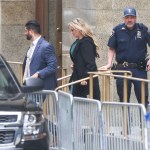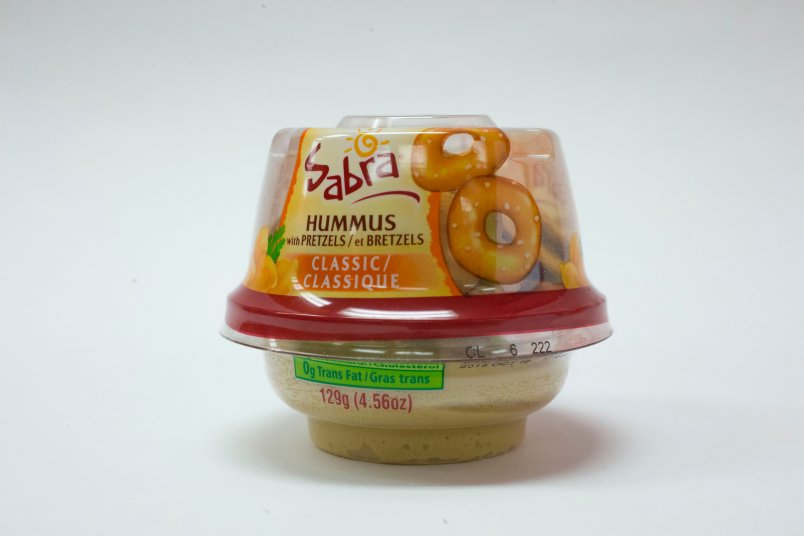For more than a year we’ve been asking the following question, as have many others. After Sunday’s revelations it became an even greater mystery. After the original fiasco of her WMD reporting and her on-going role in the Plame story, how did Judith Miller end up covering the UN ‘oil-for-food’ scandal for a year?
Recall that Times Executive Editor Bill Keller told his reporters that in the late summer of 2003 he ordered Miller off the Iraq and non-conventional weapons beats. But he either couldn’t or wouldn’t control her. “She kept kind of drifting on her own back into the national security realm,” he told the paper.
This greatly understates what happened.
A year after Keller’s order, as questions about Miller’s reporting mounted and her tangle with the Fitzgerald investigation deepened, she was back covering the oil-for-food scandal for the Times. As I’ve written several times over the last year, that editorial decision is almost inexplicable.
The oil-for-food story was, by definition, about Iraq. So having Miller cover the case went directly against Keller’s explicit instructions. But that’s only the start of it. The most inflammatory accusations in the scandal, the ones that brought it to global prominence, were based entirely on documents of dubious authenticity produced by people on the payroll of Ahmed Chalabi. And Chalabi had been either the immediate or ultimate source for much of Miller’s discredited WMD reporting. Beyond all these particulars, the whole struggle over the scandal became a replay by proxy of the lead-up to the war itself. Same players, same divide, many of the same issues at stake.
All told, there was scarcely any story this year or last on which Miller’s credibility as a reporter was more compromised. And yet she either got the assignment or no one stood in her way when she took it on her own initiative. This is much more than drifting back into related issues.
Who made this decision or who failed to act to prevent it? If media criticism is a serious enterprise, this is a question that cries out for scrutiny.






